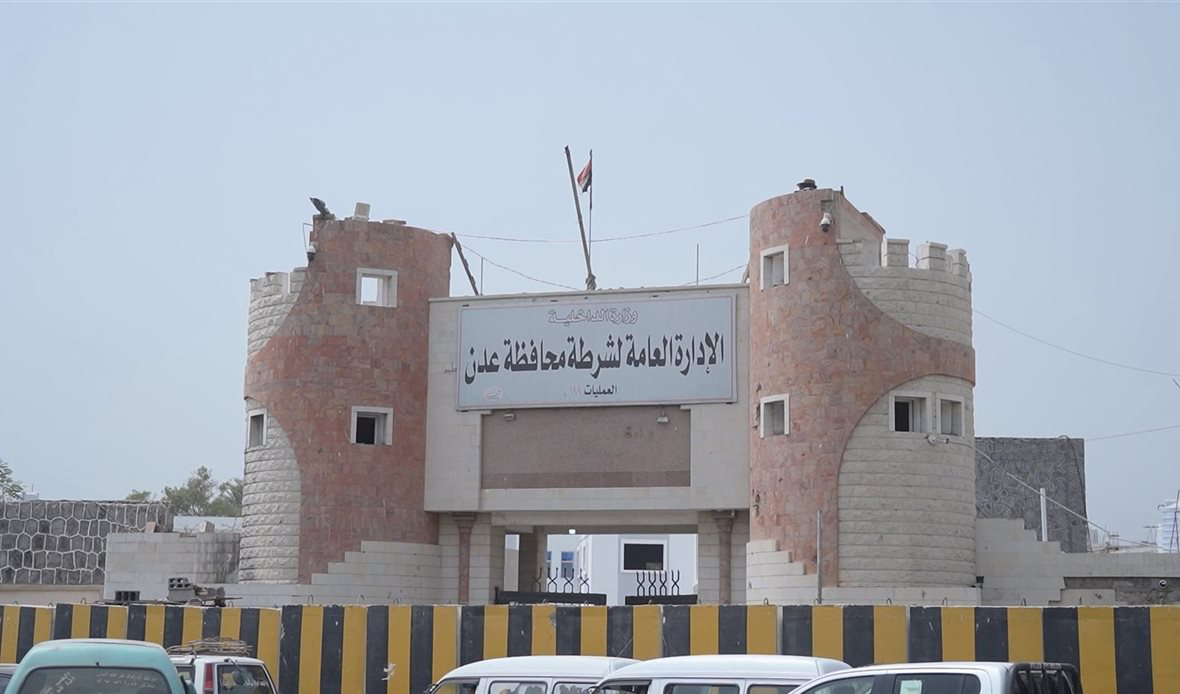
Barran Press
The celebration of the Prophet Muhammad's birthday, a practice deemed a "bid'ah" (innovation) by many Islamic scholars, has become a focal point of contention in Yemen, with the Houthi group facing accusations of exploiting the occasion for political and economic gain.
Sheikh Mohammed Al-Hazmi, spokesperson for the Yemeni Scholars' Council, stated to "Barran Press" on Sunday, September 14th, 2024, that the exact date of the Prophet's birth remains uncertain, with differing opinions on the true date.
"All Sunni scholars, including Shiites, agree that there is no authentic source regarding the Prophet's birth date other than his own hadith (saying) that he was born on a Monday and fasted that day," Al-Hazmi told "Bran Press" in an exclusive interview.
He added, "Fasting is not permissible on a festival. If his birthday were a festival, fasting would not be allowed, as fasting is not allowed on festivals. This negates the existence of a celebration for the Prophet's birthday."
Al-Hazmi emphasized that the Prophet himself did not command the celebration of his birthday, nor did his companions, who loved him most and spent the most time with him. The practice, he stressed, was not observed by the companions, their successors, or their followers.
He firmly asserted that the celebration of the Prophet's birthday is a "bid'ah" (innovation) that began during the Fatimid dynasty. "Islam prohibits innovations to keep it pure as it came from Allah. The Prophet said, 'Every innovation is a misguidance.' When we see the Shiites covering themselves in mud, beating drums, wailing, striking their chests, and shedding blood, all of this began with innovation and ended in misguidance," he explained.
Al-Hazmi, a member of the Yemeni Parliament, further asserted that the Houthi's extravagant celebration of the Prophet's birthday, particularly their emphasis on the color green and its imposition on the people, is purely political and economic, not religious.
"The Houthi's focus on Zakat (alms) and their eagerness to collect it, while neglecting prayer, which they impose on people, proves that the celebration is a financial and political matter. They impose Zakat on everything, even things that don't require it, and meticulously monitor its collection, but they don't monitor prayer, despite its precedence over Zakat and its obligation on every Muslim. This shows that the issue is purely financial and political, a political rally with no connection to the Prophet," he stated.
Al-Hazmi clarified that the Houthis do not spend their own money on this occasion but rather collect enormous sums from the people. "If they were spending their own money on this occasion, they wouldn't celebrate it. They exploit it to extort money from people unjustly," he asserted.
He concluded by stating that the Houthis accuse those who don't celebrate the occasion of being collaborators or traitors, which are political terms, further confirming the political nature of the celebration and its lack of connection to the Prophet or religion.
The Houthi group, internationally designated as a terrorist organization, celebrates the Prophet's birthday annually during the month of Rabi' al-Awwal. They promote the color green by painting buildings, printing materials, and using green lights, effectively dominating many cities under their control. They also impose financial levies on citizens, collecting funds in the name of the celebration, which has become a season for illicitly generating revenue from the population under the guise of religious observance. They accuse those who disagree with them of defying religion.
Since their coup against the Yemeni government in late 2014 and their seizure of the capital Sana'a, the Houthis have revived numerous sectarian religious occasions, including the Day of Wilayah, the Day of Ghadir, and the Prophet's birthday.
The group is accused of exploiting these "imported" religious occasions to spread sectarian ideology, solidify their "racist" project, and erase Yemen's identity, replacing it with a sectarian identity imported from Iran.





